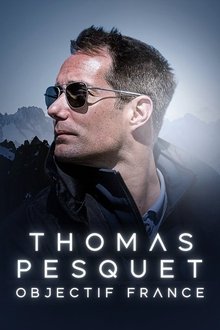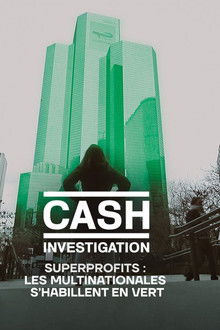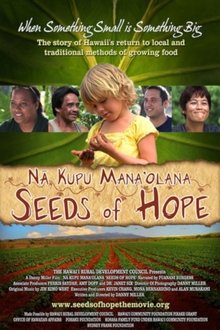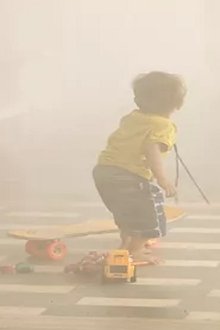This film weaves together expert analysis of America's food and farming system with a powerful narrative of one extraordinary farmer who is determined to create a sustainable future for his community.
Related Movies
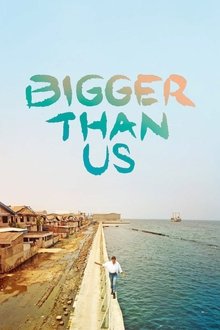
Bigger Than Us (2021)
For six years, Melati, 18, has been fighting the plastic pollution that is ravaging her country, Indonesia. Like her, a generation is rising up to fix the world. Everywhere, teenagers and young adults are fighting for human rights, the climate, freedom of expression, social justice, access to education or food. Dignity. Alone against all odds, sometimes risking their lives and safety, they protect, denounce and care for others. The earth. And they change everything. Melati goes to meet them across the globe. At a time when everything seems to be or has been falling apart, these young people show us how to live. And what it means to be in the world today.
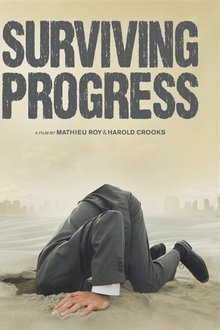
Surviving Progress (2011)
Humanity’s ascent is often measured by the speed of progress. But what if progress is actually spiraling us downwards, towards collapse? Ronald Wright, whose best-seller, “A Short History Of Progress” inspired “Surviving Progress”, shows how past civilizations were destroyed by “progress traps”—alluring technologies and belief systems that serve immediate needs, but ransom the future. As pressure on the world’s resources accelerates and financial elites bankrupt nations, can our globally-entwined civilization escape a final, catastrophic progress trap? With potent images and illuminating insights from thinkers who have probed our genes, our brains, and our social behaviour, this requiem to progress-as-usual also poses a challenge: to prove that making apes smarter isn’t an evolutionary dead-end.
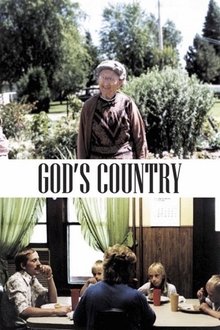
God's Country (1985)
In 1979, Louis Malle films the thriving lives of a Minnesota farming community, but returns six years later to document its drastic economic decline, offering a poignant look at the impact of political changes.
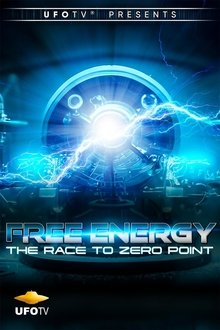
Free Energy - The Race to Zero Point (1997)
In this award-winning, feature length, two-hour broadcast-quality Documentary you will learn about the latest developments in the field of Free and Zero Point Energy from Tesla to Dennis Lee. Hosted by Bill Jenkins, formerly of ABC Radio, this comprehensive documentary features physicists and inventors who are challenging orthodox science to bring this non-polluting technology forward despite ridicule and suppression. See actual working prototypes that defy classical physics including phenomenal experiments in anti-gravity and the transmutation of metals.
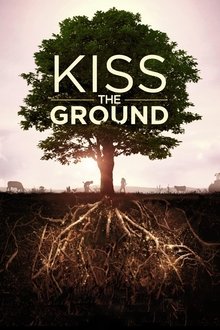
Kiss the Ground (2020)
Sheds light on an alternative approach to farming called “regenerative agriculture” that could balance our climate, replenish our vast water supplies, and feed the world.
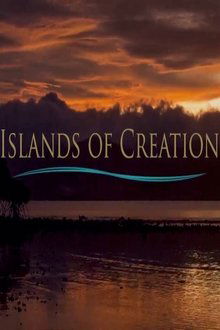
Islands of Creation (2015)
In the jungles of the Solomon Islands, a remote archipelago in the South Pacific, a biologist is attempting to do something Charles Darwin and Ernst Mayr never accomplished: catch evolution in the act of creating new species. Albert Uy is on the verge of an amazing discovery in the Solomon Islands, but there's a threat looming on the horizon. The islands' resources are being exploited, putting all local wildlife at risk. It's a race against time to gather the evidence necessary to prove the existence of a new species before it's lost forever.
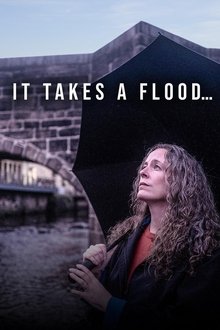
It Takes a Flood (2021)
Takes viewers inside the homes of people seriously affected by increasingly ferocious floods hitting the UK. With one in six British homes now at risk of flooding, residents across the country count the cost, both financial and mental, to their communities affected by flooding over the last decade.
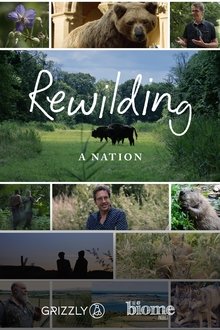
Rewilding a Nation (2023)
Robi Watkinson and Emma Hodson travel across Britain and the Netherlands documenting the story of the rewilding movement from its inception, to the return of the beaver, bison and perhaps one day, the lynx to Britain.
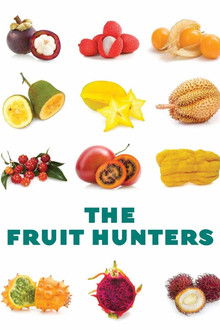
The Fruit Hunters (2012)
The Fruit Hunters explores the little known subculture and history of rare fruit hunters who travel the globe in an obsessive search for the exotic, in this stylish and sometimes erotic documentary.
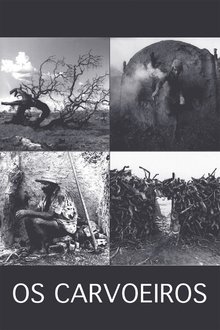
The Charcoal People (2000)
This deeply human documentary examines the subject of environmental destruction, highlighting the impoverished migrant workers who are chopping down the Amazon rainforest to create charcoal for pig iron production used primarily in the automobile industry. The film examines the children and elders and their daily lives and work as they burn timber in igloo-looking huts, their bodies charred gray for $2 a day, struggling to survive.
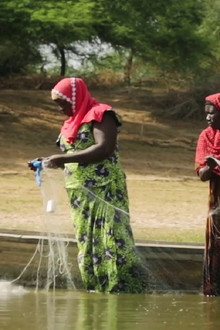
Lac (2019)
Kellou, in her forties, lives in Bol, the capital of Sahel’s province. She’s a fisher, profession transmitted from mother to daughter. She learned it from her mother. But since a few years, Lake Tchad has been shrinking, and fish has become rare. Kellou’s job is threatened. One day, after an un- successful catch, her 12 year old daughter Mouna gives her an idea: pick up plastic bags invading the lake and make ropes out of it to sell them on the market. By this simple gesture, Kellou gets to, in her own way, fight against plastic pollution and adapt to the new conditions brought about by climate change.
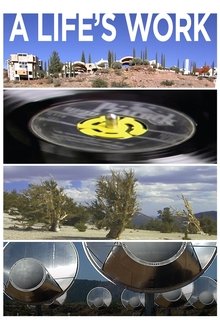
A Life's Work (2020)
What’s it like to dedicate your life to work that won’t be completed in your lifetime? Fifteen years ago, filmmaker David Licata focused on four projects and the people behind them in an effort to answer this universal question.
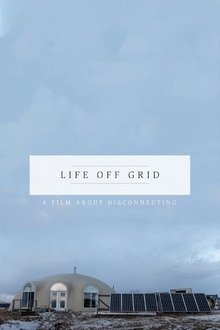
Life Off Grid (2016)
Off-grid is not a state of mind. It is not about being out of touch, living in a remote place, or turning off your mobile phone. Off-grid simply means living without a connection to the electric and natural gas infrastructure. From 2011 to 2013 Jonathan Taggart (Director) and Phillip Vannini (Producer) spent two years travelling across Canada to find 200 off-gridders and visit them in their homes. -

Supercharge Me! 30 Days Raw (2007)
SUPERCHARGE ME! is a life blessing message for everyone, said one reviewer. Ever wonder what the opposite of the film SUPER SIZE ME would be like? With a tip of the headdress to Morgan Spurlock of SUPER SIZE ME, Jenna Norwood takes us on her journey to see what happens when she enrolls in a raw food detox center and consumes only organic, raw, enzyme-rich foods for 30 days. It is all in an effort to fit into a Las Vegas showgirl costume for Halloween, but the experience has some surprising results. Meet experts (David Wolfe), celebrities (Ben Vereen & Kathy Sledge) and others seeking to resolve serious health issues on a raw food diet. Takes the mystery out of colon hydrotherapy, too. An entertaining, educational and inspiring documentary.
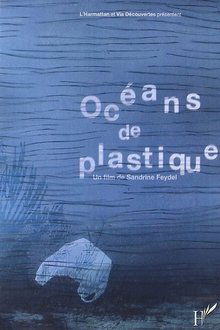
The Mermaids' Tears: Oceans of Plastic (2009)
Every km of ocean now contains an average of 74,000 pieces of plastic. A 'plastic soup' of waste, killing hundreds of thousands of animals every year and leaching chemicals slowly up the food chain. In Holland, scientists found plastic in the stomachs of 95% of all fulmar birds. In Germany, plastic has been found to affect the reproductive systems of animals, while in the US, conservationists are seeing increasing numbers of dolphins die in agony, their guts blocked with rubbish. What will be the long term impact of this 'plastic pollution'? Can anything be done to clean up our oceans?
